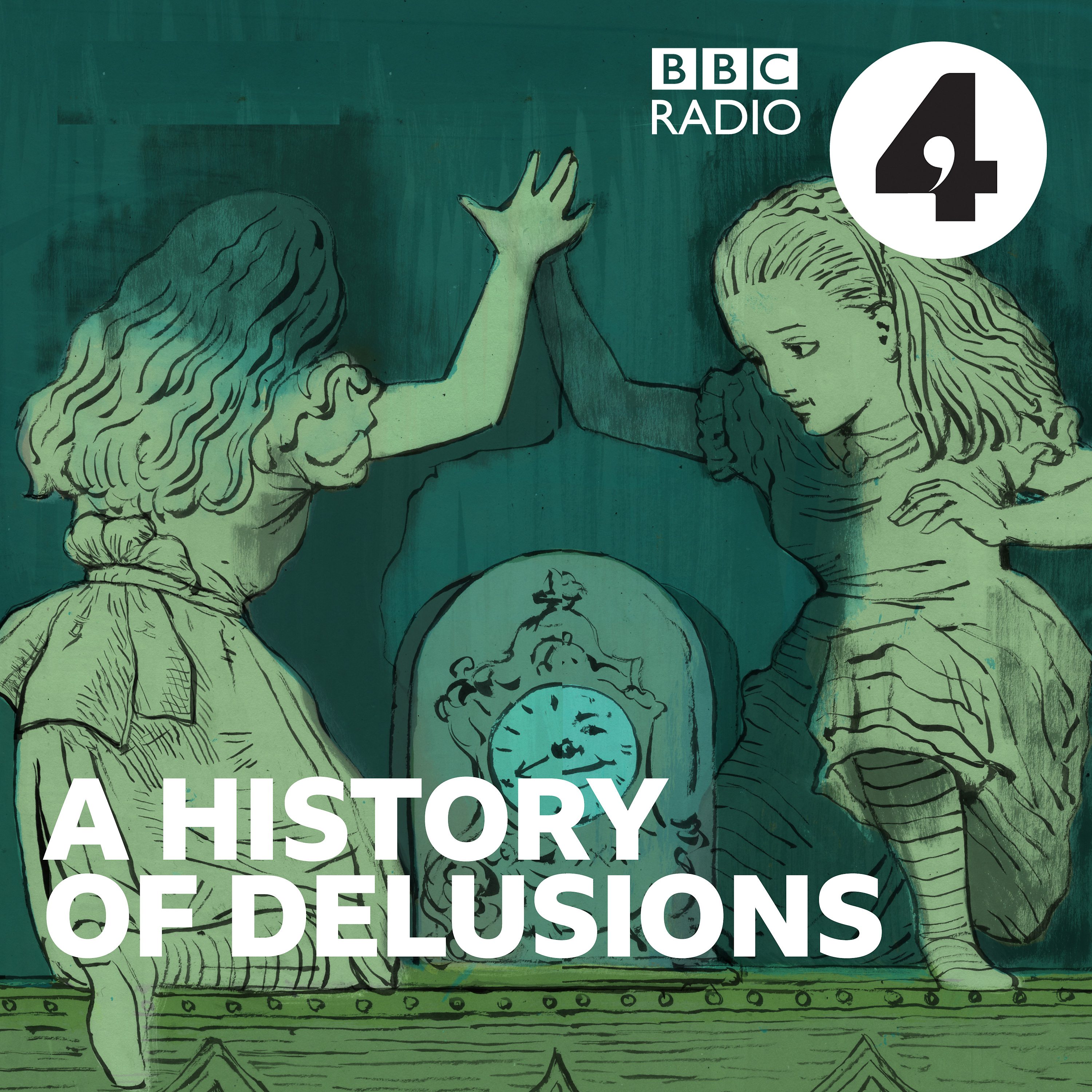Episodes
Psychologist Professor Daniel Freeman concludes his exploration of delusions, looking at both historic and contemporary case studies.
In the final programme he examines the latest thinking on the causes of and treatment for delusional thinking.
Daniel looks at the latest research suggesting delusions are part of a continuum in the general population, the impact of societal effects, and how delusions give us the chance to understand beliefs in general. He finds out how far delusions are...
Published 12/14/18
Published 12/14/18
Clinical psychologist Professor Daniel Freeman explores cases of delusions - strongly held, preoccupying false beliefs.
In this series he unearths case studies from the archives dating back to the Renaissance, he meets people who have recently experienced delusions, and finds out about new thinking in this relatively little-known field from psychologists and psychiatrists.
Distressing concerns about the body often feature in the content of delusions. Although unusual examples, Renaissance...
Published 12/13/18
Clinical psychologist Professor Daniel Freeman continues his exploration of delusions, looking at both historic and contemporary case studies.
In this programme he hears a case from 1892, of a patient at the Victorian psychiatric hospital Bethlem in London who believed that people were telephoning into her ears. And he meets a man who experienced delusions of being dead and under attack as a consequence of being in a hospital intensive care unit.
Produced by Victoria Shepherd and Eve...
Published 12/12/18
Psychologist and therapist Professor Daniel Freeman explores the history of delusions - strongly held, preoccupying false beliefs – with cases from the archives and first-hand testimonies from people who have experienced delusional thinking. Conversations usually confined to the clinic room.
In recent years, delusions have started to emerge as a field of study in their own right, and Daniel has been at the forefront of new research and treatment for the past 20 years. His aim is to make...
Published 12/11/18
Clinical psychologist Professor Daniel Freeman explores historic and contemporary cases of delusions – a belief that is impossible, incredible or false; is held with a high degree of certainty; and endures despite evidence to the contrary.
In this programme he examines the 'Capgras Delusion' or the 'Illusion of Doubles'.
In 1923 the French psychiatrist Joseph Capgras first described the delusion which later took his name. The case study concerned his patient, Madame M, who claimed that her...
Published 12/10/18
Clinical psychologist Daniel Freeman explores cases of delusion from the archives and speaks to people who have experienced them first-hand.
In this programme, Daniel examines the most common type of delusion – paranoia. The incorrect belief that others are observing you and may be trying to harm you.
Occasionally in the archives, cases emerge that allow us to see what such a delusion might have meant on an existential level for a person suffering from it. One of them is the case of James...
Published 12/07/18
Clinical psychologist Professor Daniel Freeman continues his exploration of delusions, looking at historic and contemporary case studies.
In this programme, he looks at delusions relating to trauma.
He begins with a case study from 1800 recorded by the pioneering mental health physician Philippe Pinel in Paris, of a man who believed he had lost his head on the scaffold. It is one of many accounts of how guillotine trauma created delusional responses in people during the French Revolution. ...
Published 12/06/18
Clinical psychologist Professor Daniel Freeman continues his exploration of delusions, looking at both historic and contemporary case studies.
In this programme he examines the Delusion of Despair.
He begins with the story of Francis Spira, the 15th-century Italian lawyer who believed he was damned by God – a case of delusional thinking that haunted the 16th and 17th centuries, and inspired Christopher Marlowe’s Doctor Faustus.
In the last 20 years, our appreciation and understanding of...
Published 12/05/18
Clinical psychologist Professor Daniel Freeman continues his exploration of delusions, looking at both historic and contemporary case studies.
In this programme, he examines Cotard's Syndrome - the belief that you are dead.
In Paris in 1880, Jules Cotard wrote the case study of a 43-year-old woman he called Mademoiselle X. He described her condition as “le délire des negations”. He recorded how she claimed to have “no brain, no nerves, no chest, no stomach and no intestines”. The...
Published 12/03/18
Clinical psychologist Professor Daniel Freeman begins an exploration of delusions, looking at both historic and contemporary case studies. He hears first about the fourteen "Emperor Napoleons" who presented at Bicetre Asylum in Paris in 1840, the year Napoleon's body was returned to the city.
This "Delusion of Grandeur", featuring Napoleon in particular, continued as an intriguing phenomenon for many decades afterwards.
"That first day we found him dressed elegantly, head held high, with a...
Published 12/03/18
Experimental psychologist Daniel Freeman explores cases of delusion.
Published 11/30/18


